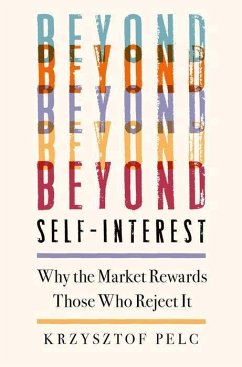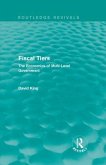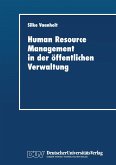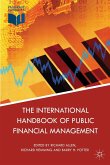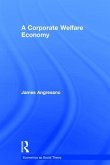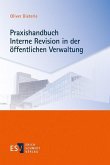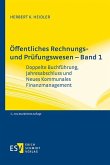At a time when people are questioning the fundamental assumptions of the free market, Beyond Self-Interest upends how we relate to capitalism. It does so not by rejecting the market, but by consigning it to its original function: as a tool of human development, rather than an end in itself. Krzysztof Pelc reminds us that commercial society was seen by its earliest theorists merely as a means of achieving our highest ends. It can still do this, if only we treat it once more as the tool it was originally conceived as. Prosperity is highly desirable, but only insofar as it contributes to human flourishing.
It takes scholarly courage and knowledge to upend Adam Smith, but this is what Krzysztof Pelc has done in this profound and brilliant study. It is not love of money, he argues, which drives the baker to bake bread, but the disinterested passion for baking, which assures the credibility of his product. There is an urgent moral lesson here for our own age of climate-induced scarcity: GDP is at best a means to the good life, it cannot be its meaning

